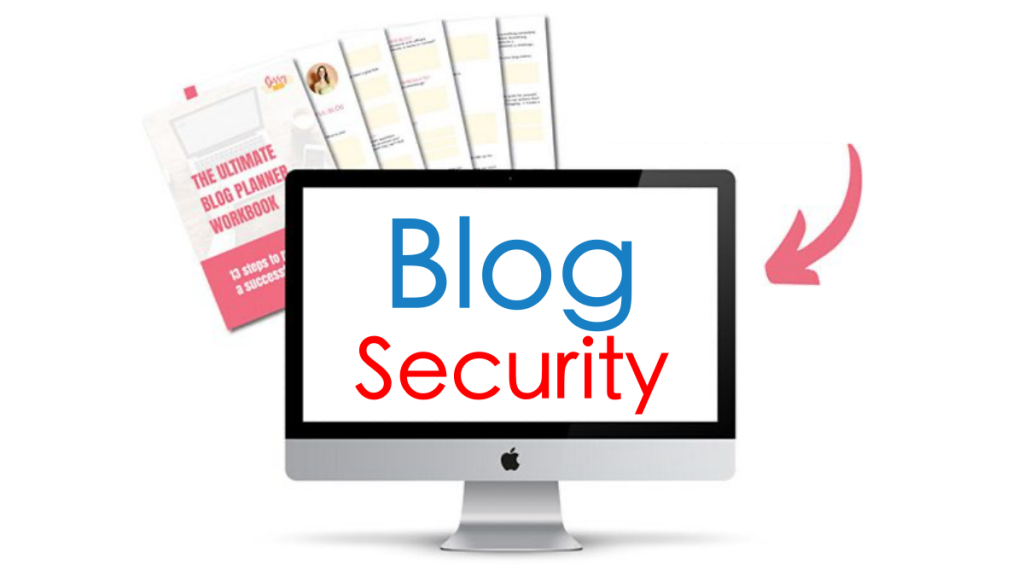For you, your blog is one of the essential things on the planet. It’s how you interact with the rest of the world, share your interests, and maybe even earn money.
Others, on the other hand, do not share my sentiments. These hackers seek to steal your site and make money off of it by spamming ad-filled posts or utilizing your subscriber lists for illegal reasons.
If a hacker takes over your blog, you may lose not just your blog but also some of your readership and reputation. You will definitely want to do what is best for blogs to ensure this does not happen.
Be A Better Blogger – 5 Ways To Improve Your Blog Security
You’ve put a lot of effort into your website, so it’s important that you protect it with these basic hacker prevention recommendations.
Way #1: Use A Strong Password
While a basic password or anything similar may be easy for you, hackers may crack such a passcode in minutes on a quiet day. You’ll need something with more character kinds, no dictionary terms, and enough characters to keep the number of options large (at least 10). Once you’ve committed a good one to memory, you won’t mind the bother as much, and remembering a new one will get simpler with each change.
Way #2: Install Security Plugins
If you created your website using a content management system, you could enhance your website with security plugins that actively block attempts to hack your website. Security plugins are available on all major CMS platforms, many of which are free.
Way #3: Invest in Automatic Backups
A website hack’s worst-case scenario is losing everything because you failed to back it up. The easiest approach to defend yourself is to keep a current backup on hand at all times.
While every data breach is frightening, recovering from one is a lot easier once you have a recent backup. Manually backing up your website on a daily or monthly basis might become a habit. Invest in automated backups if there’s even a remote risk you’ll forget. It’s a low-cost method of obtaining peace of mind.
Way #4: Use A VPN
The easiest option to defend oneself against the hazards of public networks is to utilize a Virtual Private Network (VPN). A VPN connects your device to another server offsite over an encrypted connection. This connection can serve as a tunnel, masking your IP address and providing you with the highest degree of security and anonymity. Even on a public network, hackers won’t be able to see anything.
Way #5: Email Security
If a hacker gains access to your email address, they will be able to quickly determine your password and/or username. This is in addition to the numerous additional issues you’ll face if your email gets hacked, which is why your email account should be your most secure account.
If you’re really careful, you might wish to set up a different email account only for blogging. It may also be used as a distinct point of contact for readers, allowing you to better manage your communications.
The Bottom Line
Safeguarding your site and understanding how to keep it secure from hackers is an important aspect of keeping it safe and healthy in the long term! Don’t put off taking these critical actions.

